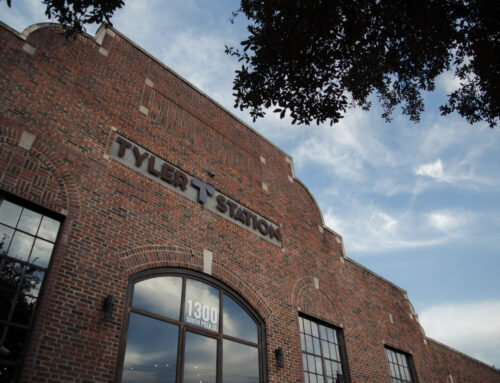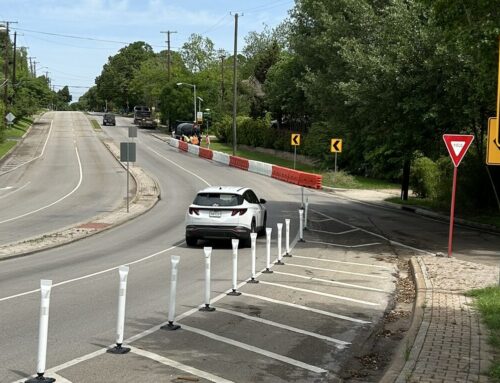SPONSORED POST
If your student could earn up to 60 hours of college credit—and at no cost to you— would you be on board?
This month, Dallas ISD has elevated the approach to the early college high school model by announcing the rollout of eight new collegiate academies in the fall. Which means, more Dallas ISD students can earn an associate degree while in high school.
That’s more than remarkable. Like many, I agree the collegiate academy rollout is a “game changer.”
The collegiate academies will be “schools within schools,” meaning they will be separate programs inside existing high schools.
Thanks to a partnership with the Dallas County Community College District, students can earn a high school diploma and up to 60 college credit hours or an Associate of Applied Science degree in four years. So, the time to act is now.
These are the seven high schools that will house collegiate academies starting next school year and their partner community colleges:
- David W. Carter High School (Cedar Valley Community College)
- Thomas Jefferson High School (Brookhaven Community College)
- James Madison High School (El Centro Community College)
- Pinkston High School (El Centro Community College)
- Franklin D. Roosevelt High School (El Centro Community College)
- South Oak Cliff High School (Mountain View Community College)
- Emmett J. Conrad High School (Richland Community College)
Pathways to Technology (P-Tech) Early College High School will also open at Seagoville High School next year. However, the difference between the Seagoville P-Tech and other early colleges in Dallas ISD is the framework on which the model is based. Ultimately, these students, while they are still in high school, are afforded the opportunity to select a career pathway and obtain the necessary skill set to achieve success in that field as they move on to college and/or a chosen career path. They can also benefit from mentorships and internships from an industry partner and possibly be first in line for jobs from that partner.
The P-Tech model creates an opportunity to graduate more students from college who are prepared to enter the workforce with the skills necessary for employment in higher paying jobs than their peers. In addition, students will be better positioned to continue their education by enrolling in four-year universities or institutions to earn a bachelor’s degree, and higher.
Why the Dallas ISD volunteer matters
As the 2015-16 school year winds down, I pause to reflect on the hard work and tremendous strides being made to produce high academic achievement.
Throughout the year, Dallas ISD welcomes hundreds of volunteers to help fill the gap between the campus and student. Spending time with a student after school to develop their reading skills, working on a difficult algebraic equation, or providing basic necessities such as clothing can make the difference in a child’s academic success.
Great volunteer support is being provided to the campuses in District 7 daily. For that, I say, “thank you.”





